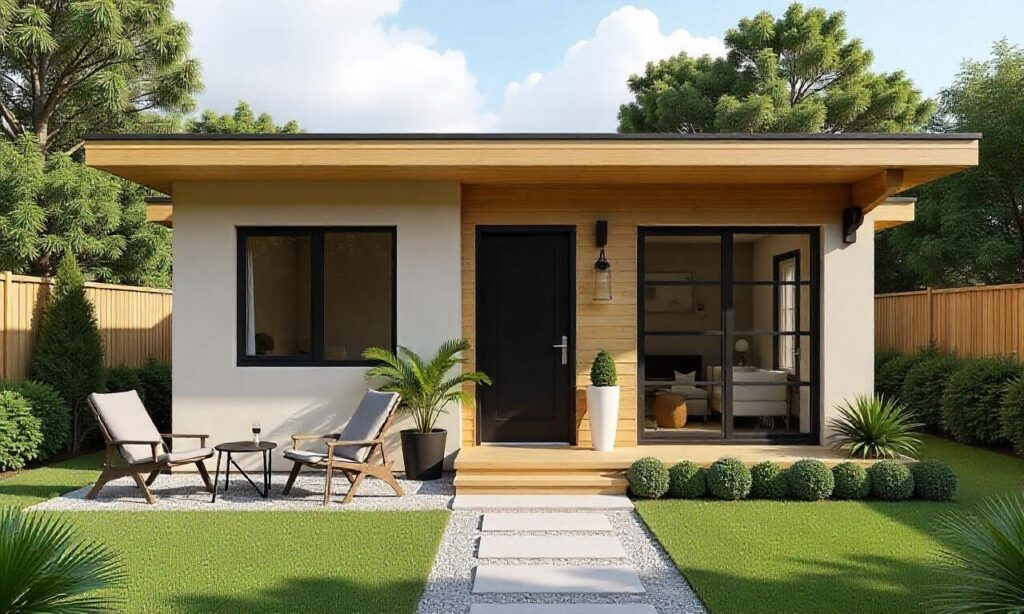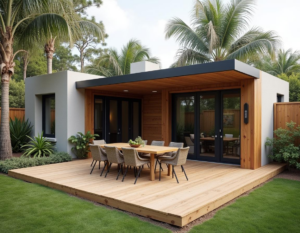In the realm of home improvements, the terms “remodel” and “renovation” are often used interchangeably, yet they carry distinct implications for your plans. This article aims to shed light on the key considerations for renovations and remodels while exploring why Accessory Dwelling Units (ADUs) might emerge as the optimal strategy for enhancing your home.
Understanding Renovation:
A renovation typically involves making improvements to enhance the appearance, functionality, or aesthetics of a room or the entire home. While renovations tend to be less extensive and more cost-effective than remodels, they can still yield significant enhancements. Renovations may include tasks such as upgrading fixtures, painting, or replacing flooring. Homeowners often undertake renovations to personalize their living spaces or prepare their homes for resale.
What Constitutes a Remodel?
On the other hand, a remodel goes beyond surface-level changes, altering the structure, layout, or functionality of a space. Remodels are more extensive endeavors, often requiring the expertise of a general contractor, specialized professionals (e.g., plumbers or electricians), and potentially an architect. Examples of remodeling projects encompass home additions, reconfiguring rooms for open floor plans, or expanding spaces like kitchens and bathrooms. While remodels involve a significant investment, certain projects can substantially increase property value, making them a strategic choice for some homeowners.
Considering ADUs for Home Enhancement:
For homeowners seeking to add square footage or create dedicated spaces, such as guest accommodations, a home office, or a living area for family members, Accessory Dwelling Units (ADUs) present an appealing alternative to traditional renovations. ADUs, also known as granny units or backyard homes, are permanent structures situated in the backyard of an existing residential property. They range from custom mini-houses with full amenities to converted garages or sheds. Recognized as a vital solution to the housing crisis, Florida lawmakers have implemented initiatives to simplify the approval processes for building ADUs.
The ADU Advantage:
The construction of ADUs is relatively straightforward and cost-effective, allowing homeowners to swiftly increase property value by adding square footage. Detached, prefabricated ADUs offer a convenient solution without turning the main residence into a construction site or undergoing the challenges of a full-scale remodel. Whether it’s a granny unit, in-law apartment, or guest cottage, ADUs offer versatility in meeting diverse living space needs.
Conclusion:
As you contemplate home improvements, carefully weigh the scope, costs, and benefits associated with renovations, remodels, and ADUs. While each option has its merits, ADUs stand out as an innovative and efficient means of enhancing your home’s functionality and value. With lawmakers recognizing their significance, ADUs represent a contemporary solution to housing needs, offering homeowners a streamlined path to realizing their home improvement goals.






